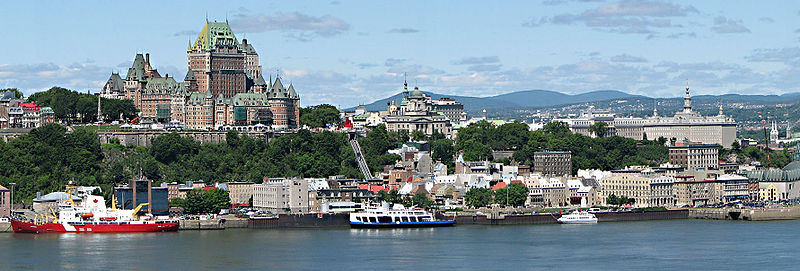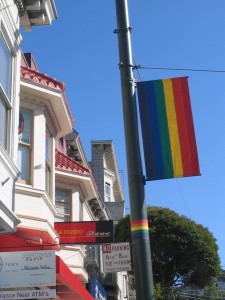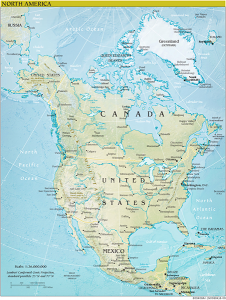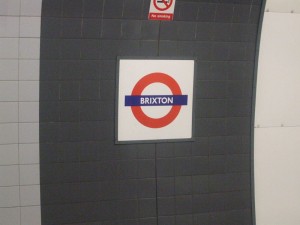An article in the Star-Telegram this week compares the Texas accents of Governor Rick Perry with that of George W. Bush. Apparently, Perry’s accent triggers some negative associations with our last president.
For reference, here’s a clip of Perry speaking:
I’d suggest that Perry’s Bush-esque haircut and furrowed brow are more to blame for the Bush comparisons than his accent. Both men are from West Texas (sort of), but Perry’s relaxed speaking style doesn’t remind me of “W.” Nevertheless, there have been a flurry of observations of this sort:
“If you close your eyes and listen to him speak, you’d swear it was George W. Bush,” a writer with ABC’s The Note blog wrote. “His accent, cadence and pronunciations are almost identical.”
I don’t agree with that assessment. And turning to an actual academic’s perspective, this quote a few paragraphs later downplays the association:
But overall, Perry sounds more West Texan than Bush, said Lars Hinrichs, an assistant English professor at the University of Texas, who heads the Texas English Project.
He attributes the difference to Bush’s roots in the Northeast and time spent in schools outside Texas.
“Bush’s accent features are relatively light,” Hinrichs said. “Pen and pin sound the same for somebody with a West Texas accent. Perry does that all the time. Bush doesn’t do that at all.”
Bush’s notable lack of the pin-pen merger (most of the time) is puzzling. I usually find the merger to be the tell-tale sign of Southerners without other salient accent features. To take a celebrity example, Courtney Cox, of Friends fame, eliminated most of her Alabama drawl except the pin-pen merger.* Even I, who left Kentucky at the age of two, will occasionally exhibit a slight hint of the feature. Why does this seem to be the one aspect of Texas English that Bush avoids?
But back to the Perry-Bush comparison. A problem in analyzing Bush’s speech is that our impressions of his accent mostly derive from his time as president. I found him to be a very uneasy commander-in-chief, which seemed to have resulted in his strange, over-enunciated “presidential idiolect.” (Watching this interview with Bush from last year felt like watching a completely different man).
If I see any similarity between Bush and Perry, it’s in their “voice quality.” Trying to imitate either of these men, I find that I tend to tighten my jaw and raise my velum (the part of the tongue near the back of the mouth). That is to say, there seems to be something contricted or “tense” about their speech, which may or may not be typical of West Texans. Outside of this vague impression, however, Perry and Bush merely seem like speakers of the same accent.
Any Texas dialect fans out there to comment?
*I bring this up this random example after watching a Friends rerun in which she repeatedly pronounced the name “Jennie” in a manner homophonous with Northern American “Ginnie.”






